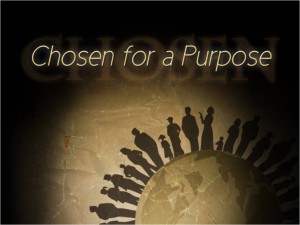 This is a guest post by Michael Ehrhart. Michael is the lyricist for the Christian rock group Beautiful Mess. Beautiful Mess is the brainchild of brothers Mike and Chris Ehrhart, fueled by the musical vision and leadership of Mike’s son, Tim. Their aim is to help bring truth to those searching and create a space for honest, open communication.
This is a guest post by Michael Ehrhart. Michael is the lyricist for the Christian rock group Beautiful Mess. Beautiful Mess is the brainchild of brothers Mike and Chris Ehrhart, fueled by the musical vision and leadership of Mike’s son, Tim. Their aim is to help bring truth to those searching and create a space for honest, open communication.
You may connect with Mike through the Beautiful Mess website or on Twitter @BeautifulMessP
If you would like to write a Guest Post for Redeeming God, begin by reading the Guest Blogger Guidelines.
Have you ever read the parable of the sheep and the goats in Matthew 25 and wondered whether you are a sheep or a goat?
You know the story. The nations gather before Jesus, and He separates them into two groups, the sheep and the goats. The deciding factor on who belongs to which group is whether or not they served others, and in so doing, served Jesus.
Here is what Jesus says to the “sheep” in Matthew 25:34-40 (NIV):
Then the King will say to those on his right, “Come, you who are blessed by my Father; take your inheritance, the kingdom prepared for you since the creation of the world. For I was hungry and you gave me something to eat, I was thirsty and you gave me something to drink, I was a stranger and you invited me in, I needed clothes and you clothed me, I was sick and you looked after me, I was in prison and you came to visit me.”
Then the righteous will answer him, “Lord, when did we see you hungry and feed you, or thirsty and give you something to drink? When did we see you a stranger and invite you in, or needing clothes and clothe you? When did we see you sick or in prison and go to visit you?”
The King will reply, “Truly I tell you, whatever you did for one of the least of these brothers and sisters of mine, you did for me.”

First Responders
Lately, I have been thinking about this passage in the context of first responders in our communities. Do you know any first responders? These are the folks that charge into burning buildings, race to accident sites and protect others from the hostile. You ever wonder what makes them tick? I wish I knew. I am amazed at how they willingly put themselves at risk attempting to help and even rescue others for little or no personal gain.
They seem to have this fearless commitment to rescue, even when the the odds are against them. Think of 9/11. Think of the house fire in your community last winter. Think of the car accident last spring on that back road in the pouring rain.
Even when the prospect of success is dim, these first responders press on.
I’ve heard first responders say things like “There was a slim chance of rescue, but we had to try.” Or “We didn’t know if anyone was alive, but if we could save just one…”
You can be a First Responder
What if us regular folks took a first responder approach in our communities? That is, don’t we know folks that need to be rescued? People that need to be assisted, or even carried, from their current situation because they can’t escape on their own. How about people that need financial, or emotional wounds to be bandaged? Or people that need protection from verbal, emotional or physical attack?
Whether in our work, school, play, or even in our families, don’t we know folks that need to be lifted up?
You probably can think of several, but my question is “Who is your one?” Like that first responder charging into that burning building, maybe you can’t save everybody, but who is your one? Who is the one you won’t let be consumed by that addiction (drugs, alcohol, porn, work,)? Who is the one you will come along side and shepherd out of financial challenge? Who is the one you will stand in front of to protect from abusers?
Think about how our communities would thrive if the healthy, stable and strong just rescued someone that is within their reach.
Isn’t this what Matthew 25 and the parable of the sheep and the goats is describing?
Being this first responder doesn’t take a lot of money, a superior intellect or Herculean strength. It’s not like we need a new law or some great technology that hasn’t been invented yet.
Who will you throw on your back and carry them from THEIR fire, THEIR car wreck, THEIR attack?
It’s a simple question that needs your answer. It’s a simple question we’re compelled to answer by the scripture in Matthew. Who’s your one? Who is the one person you can love today?
How to be a Sheep that Follows the Shepherd
The true heroes in the Kingdom of God are not those who feed 10,000 people while the television cameras are rolling. The true heroes, the true sheep, the true followers of Jesus, are those who give a smile to the check-out lady, a word of encouragement to the troubled, a hug to the lonely, a cup of water to the thirsty, a cup of coffee to the cold, a meal to the hungry, and helping hand to the weary. These are things that can be done every day. These are things you can today.
The truth of the matter is that it is much harder to be a goat than a sheep. When you see a need, be a first responder.
To be a sheep that follows the Shepherd, all you need to do is find the one person He leads you to today, and love them in whatever way you can.






 I listened to a sermon today in which the preacher (I’m not going to call him a pastor) said these things:
I listened to a sermon today in which the preacher (I’m not going to call him a pastor) said these things:


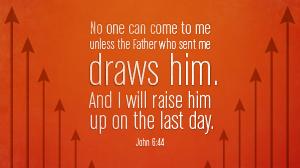 So while the reception of eternal life by faith is mentioned in this passage, the overall theme is about discipleship. To be a disciple, of course, simply means to be a student, learner, follower, or apprentice. To be a disciple means to be taught by God, which is exactly what Jesus says in John 6:45.
So while the reception of eternal life by faith is mentioned in this passage, the overall theme is about discipleship. To be a disciple, of course, simply means to be a student, learner, follower, or apprentice. To be a disciple means to be taught by God, which is exactly what Jesus says in John 6:45.
 In John 17, Jesus uses very similar language as He uses here in John 6, but in John 17, He is speaking primarily about the apostles. These twelve were chosen to receive special revelation about God through Jesus Christ (John 17:6). They belonged to God, but were given to Jesus by God (John 17:9) so that they might behold the glory of God in Jesus Christ (John 17:24). And though they were given to Him, Jesus lost none of them, except for Judas (John 17:12).
In John 17, Jesus uses very similar language as He uses here in John 6, but in John 17, He is speaking primarily about the apostles. These twelve were chosen to receive special revelation about God through Jesus Christ (John 17:6). They belonged to God, but were given to Jesus by God (John 17:9) so that they might behold the glory of God in Jesus Christ (John 17:24). And though they were given to Him, Jesus lost none of them, except for Judas (John 17:12). Calvinists often point to this text, and then make the comparison between it and passages like James 2:6 and Acts 16:19 which uses the same word for “dragging” or “compelling” people to go where they do not want to go. Some scholars also point out that the word is used in classical Greek to refer to drawing water from a well. They then point out that nobody can “woo” or “entice” water from a well; it has to be drawn up irresistibly (Sproul,
Calvinists often point to this text, and then make the comparison between it and passages like James 2:6 and Acts 16:19 which uses the same word for “dragging” or “compelling” people to go where they do not want to go. Some scholars also point out that the word is used in classical Greek to refer to drawing water from a well. They then point out that nobody can “woo” or “entice” water from a well; it has to be drawn up irresistibly (Sproul, 




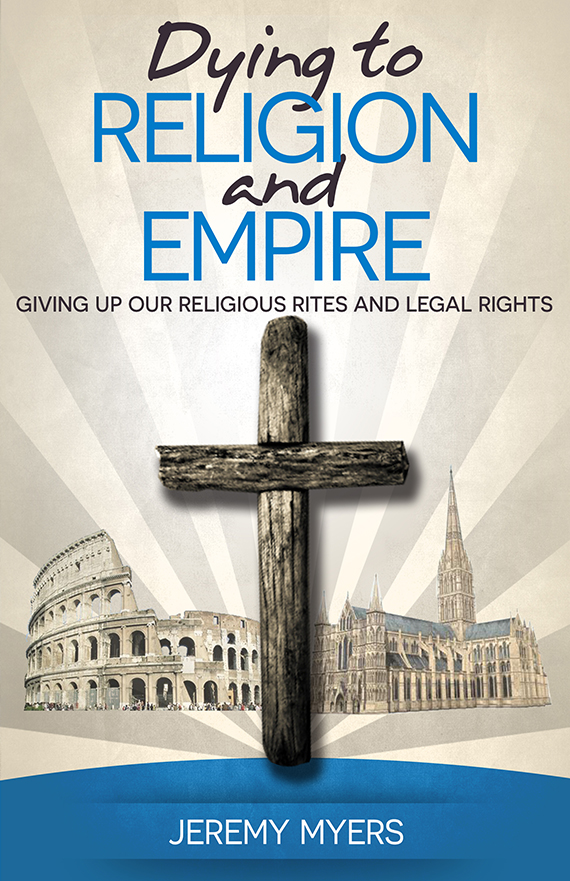

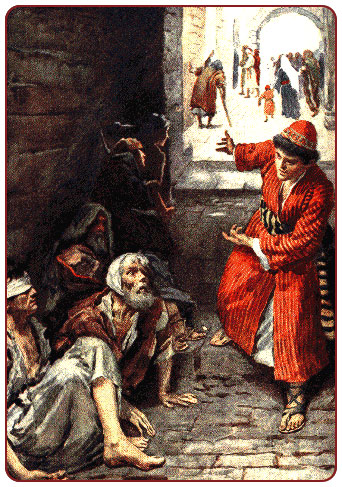 In this case, all the guests decided to stay away, and provided their token excuses, which indicated their disapproval (Malina,
In this case, all the guests decided to stay away, and provided their token excuses, which indicated their disapproval (Malina, 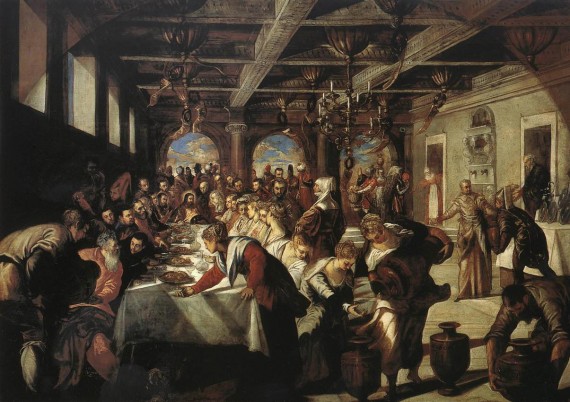





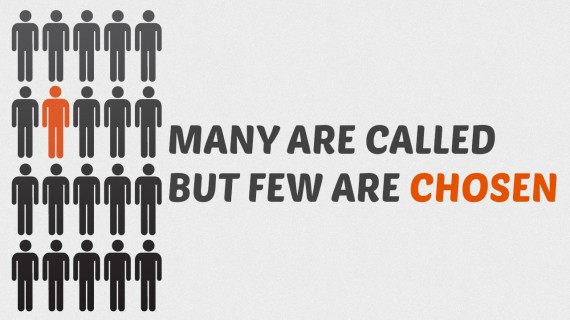
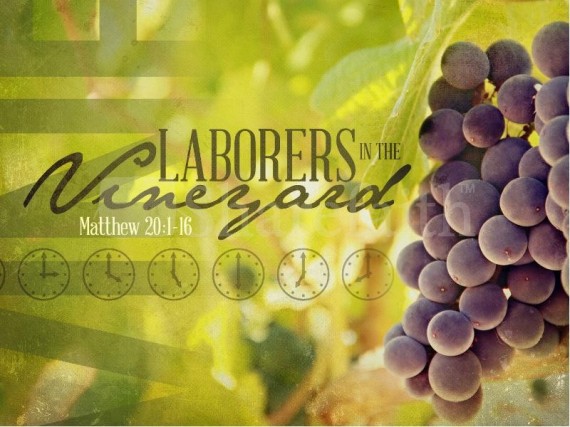
 But if the equal treatment of all by God is the point of this parable, why doesn’t Jesus say something to that effect in Mathew 20:16?
But if the equal treatment of all by God is the point of this parable, why doesn’t Jesus say something to that effect in Mathew 20:16? 